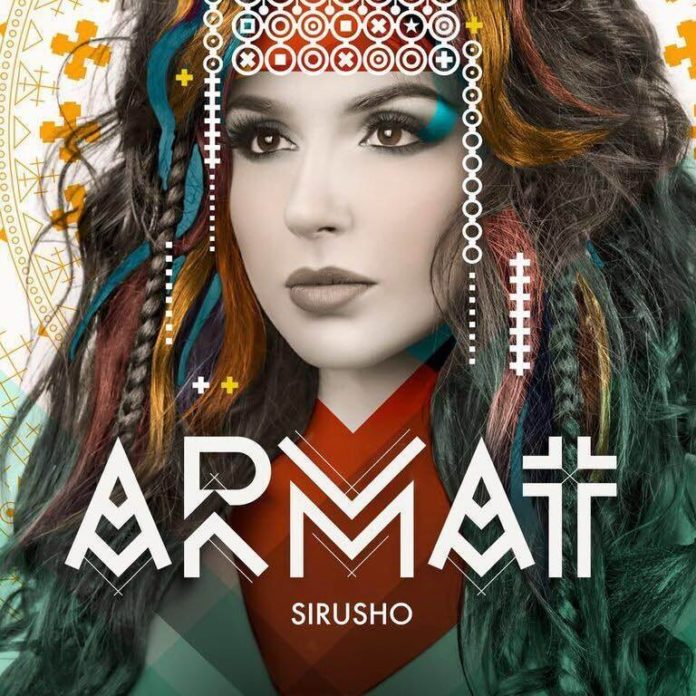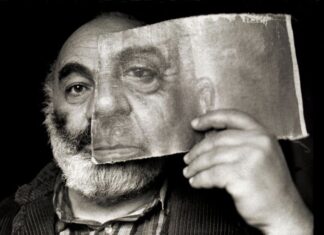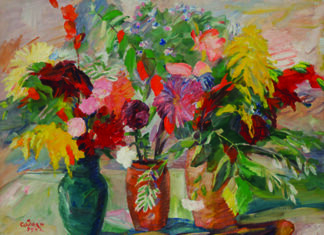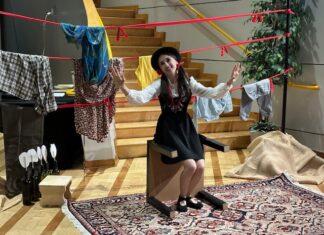NEW YORK — Sirusho Harutyunyan, better known by her stage name Sirusho, has left an indelible mark on the international music scene during the course of her two-decade career and recording of five award-winning studio albums. In addition to composing songs, filming music videos and performing live, Sirusho, 31, is the creator of PreGomesh jewelry line, with all pieces handmade in Armenia. Throughout her artistic career, Sirusho, who was born in Yerevan, has remained focused and determined, exhibiting a strong work ethic and constantly pushing boundaries.

And while her music has evolved, incorporating pop, folk, R&B and soul, Sirusho’s innate desire and ability to preserve traditional Armenian music, with an up-tempo modern twist, remains, bringing her legions of fans of all generations and countries.
Following her electric New Jersey concert on March 17, Taleen Babayan sat down with Sirusho for an interview conducted in Armenian as the singer and her production team prepared to travel to Boston for scheduled engagements and performances.
A positive role model, Sirusho exudes talent, grace and smarts, proving just how much she — and her country — have to offer the world.
Taleen Babayan: Congratulations on a spectacular performance that was composed of many cultural, historical and contemporary layers. Your concert went beyond music and had rich and informative aspects, including a short film of your team traveling to Ani to film a music video for your song Der Zor. How did you come up with the idea of traveling to Western Armenia (Eastern Turkey) and why did you feel it was necessary to travel there and take on potential challenges and risks?










